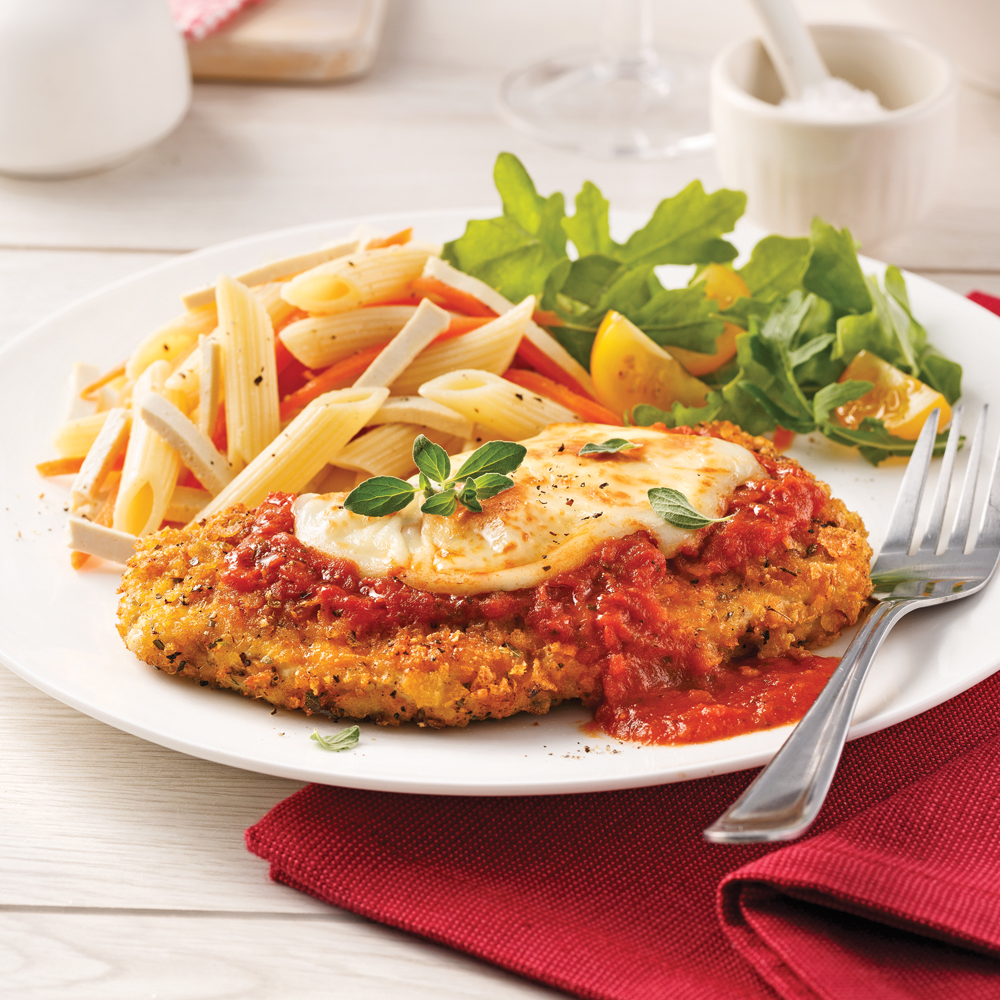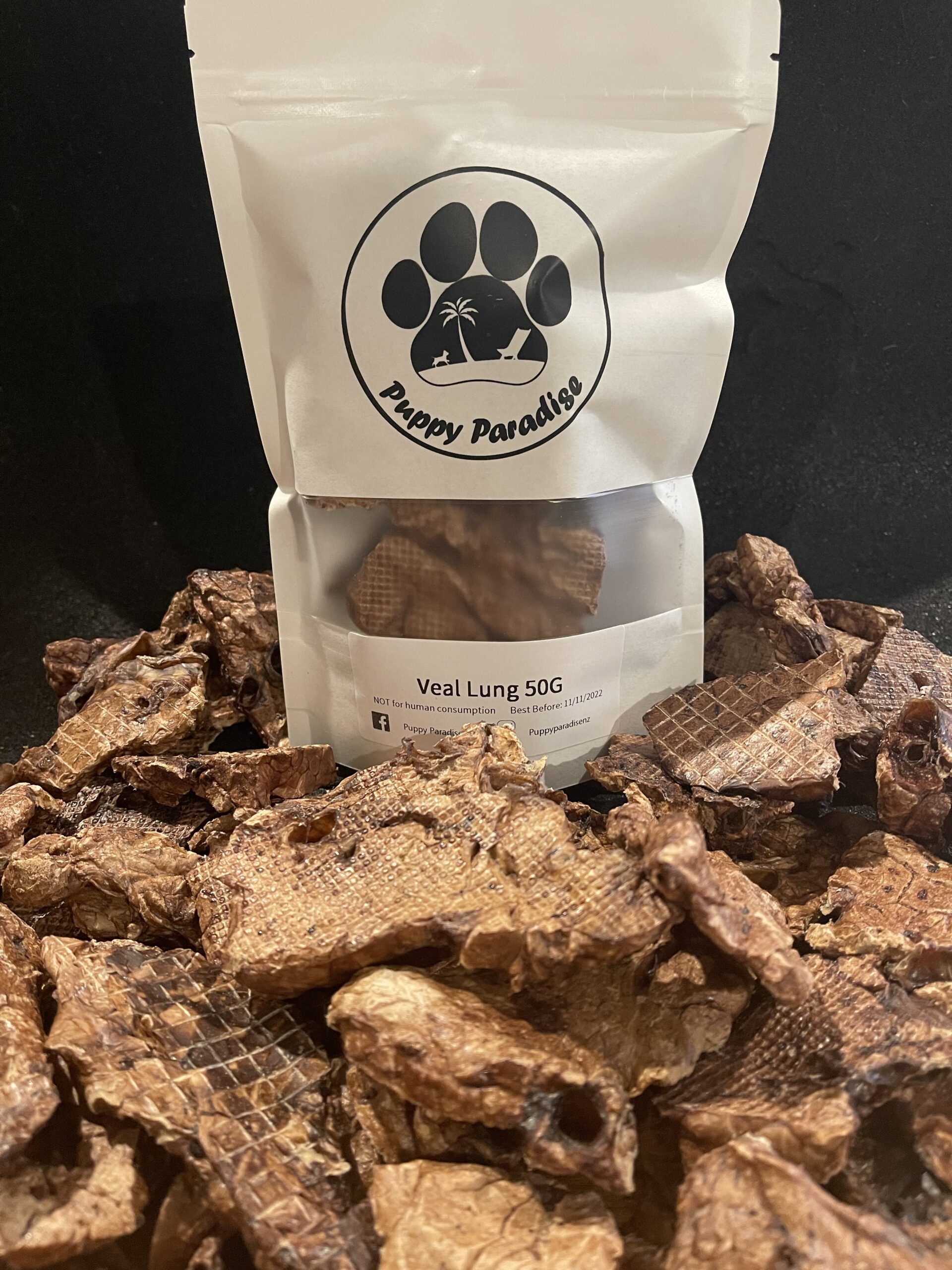Veal is a culinary delicacy that has sparked curiosity and debate across the globe. This article delves into the intricate details of veal, offering a thorough understanding of its origins, production, nutritional value, and culinary uses. Whether you’re a culinary enthusiast or simply curious about this unique meat, this guide will provide you with all the information you need.

Key Takeaways
- Veal is meat from young cattle, typically less than 20 weeks old.
- It is known for its tender texture and delicate flavor.
- Veal production involves specific farming practices that vary globally.
- Nutritionally, veal is a good source of protein, vitamins, and minerals.
- It is a versatile ingredient in various cuisines worldwide.
What is Veal?
Veal is the meat derived from young calves, primarily male offspring of dairy cows. These calves are typically slaughtered between 16 to 20 weeks of age, resulting in a tender and mild-flavored meat that is prized in many culinary traditions. The distinctive qualities of veal, including its pale color and fine texture, are a result of the calves’ diet and age at slaughter.
The Origins and History of Veal

The consumption of veal dates back to ancient times, with its roots deeply embedded in European culinary history. Traditionally, veal was considered a luxury meat, reserved for special occasions and the affluent. Its popularity spread over the centuries, becoming a staple in various regional cuisines, particularly in countries like Italy, France, and Switzerland.

Veal Production and Farming Practices

Veal farming practices have evolved significantly over the years, with a strong emphasis on animal welfare and sustainable farming methods. Veal production can be categorized into several types, each with distinct rearing techniques:

- Milk-fed Veal: Calves are fed a milk-based diet, resulting in pale, tender meat.
- Grain-fed Veal: Calves are given a diet that includes grains, producing a slightly darker meat with a different flavor profile.
- Free-range Veal: Calves are allowed to roam freely, leading to a more robust flavor and firmer texture.
In recent years, there has been a shift towards more humane and ethical veal farming practices, with regulations in place to ensure the welfare of the animals. This includes providing adequate space, nutrition, and medical care to the calves.
Nutritional Value of Veal
Veal is not only valued for its taste but also for its nutritional benefits. It is a rich source of high-quality protein, essential for muscle growth and repair. Additionally, veal provides important vitamins and minerals, including:
- Vitamin B12: Crucial for red blood cell formation and neurological function.
- Niacin (Vitamin B3): Supports energy metabolism and skin health.
- Zinc: Important for immune system function and wound healing.
- Iron: Essential for oxygen transport in the blood.
Compared to other meats, veal is relatively low in fat, making it a healthier choice for those looking to reduce their fat intake without compromising on taste or nutrition.
Culinary Uses of Veal
Veal’s delicate flavor and tender texture make it a versatile ingredient in the culinary world. It is a key component in many classic dishes, such as:
- Veal Marsala: A popular Italian-American dish featuring veal cutlets cooked with Marsala wine and mushrooms.
- Wiener Schnitzel: A traditional Austrian dish consisting of breaded and fried veal cutlets.
- Osso Buco: An Italian specialty of braised veal shanks, often served with risotto.
- Veal Piccata: A dish where veal cutlets are sautéed and served with a lemon-butter sauce.
Chefs and home cooks alike appreciate veal for its ability to absorb flavors and complement a wide range of ingredients, from herbs and spices to rich sauces and wines.
Ethical Considerations and Alternatives
The production of veal has faced criticism over animal welfare concerns, leading to increased demand for ethically produced veal. Consumers are encouraged to look for labels indicating humane and sustainable farming practices. Additionally, some people opt for alternative meats, such as beef or plant-based substitutes, to align with their ethical beliefs.
Veal is a unique and flavorful meat that holds a special place in global cuisine. Its tender texture and mild taste make it a favorite among chefs and food enthusiasts. With a growing emphasis on ethical farming practices, the veal industry continues to evolve, providing consumers with responsibly sourced options. Whether enjoyed in a classic dish or as part of a modern culinary creation, veal offers a delightful dining experience.